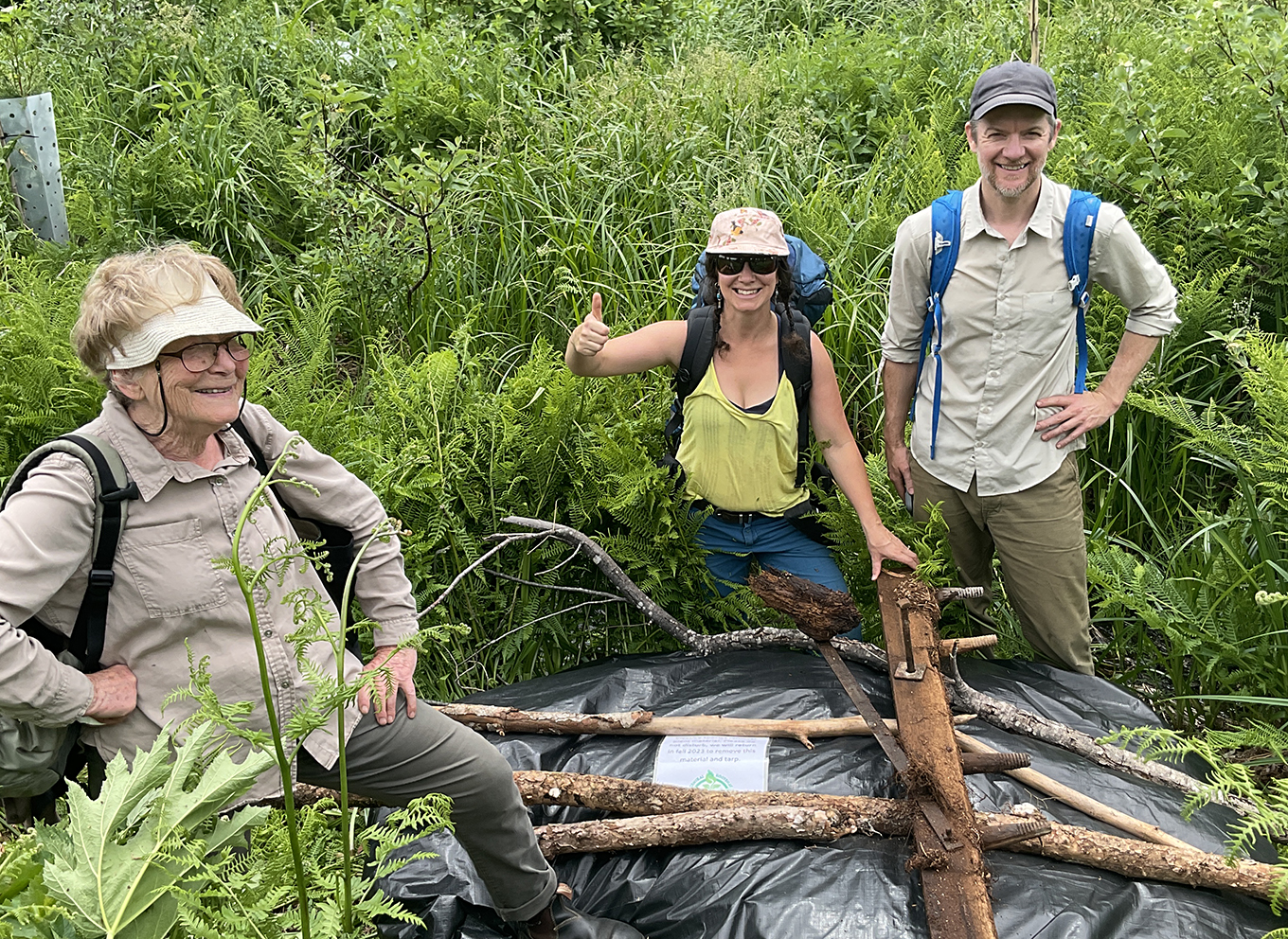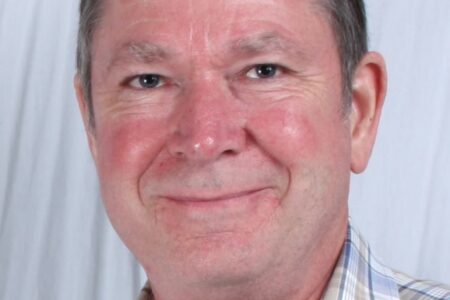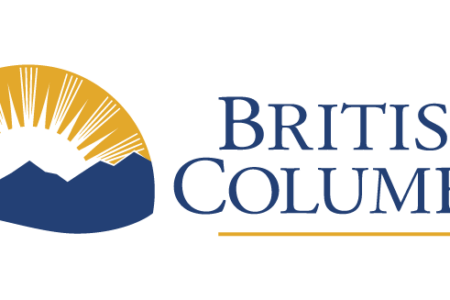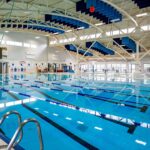Central Kootenay Invasive Species Society Celebrates Year Two Achievements in Eco Action Project
This past Fall the Central Kootenay Invasive Species Society (CKISS) concluded another year of the Communities Protect Freshwater Together: Riparian Restoration in the Kootenay Region Eco Action Project, the Society is thrilled to showcase the remarkable accomplishments and community-driven efforts that have shaped the second year of this three-year initiative.
Focused on engaging and inspiring the local community to protect freshwater quality, the project has concentrated on restoring critical water bodies and adjacent riparian habitats within three key sites in the Central Kootenay region of British Columbia.
From the Jubilee Wetland in Rossland to the Hunter Siding Wetland near New Denver and the Harrop Wetland, CKISS’s dedicated teams have left a lasting impact on these crucial ecosystems.
Year two kicked off with Spring invasive plant pulls and planting with local students and volunteers.
Two classes from Rossland Summit School (RSS) collaborated with CKISS in identifying and removing invasive plants at the Jubilee Wetland. Activities included pulling Canada thistle (Cirsium arvense) and solarization of creeping buttercup. Prior to any work, students brushed off their foot wear to prevent the further spread of invasives.
At Hunter Siding Wetland, a small team of volunteers played a crucial role in removing a substantial amount of bullthistle (Cirsium vulgare), contributing to the survival and success of native plants.
Special thanks to the Slocan Lake Stewardship Society for their collaboration on this site.
At the Harrop Wetland CKISS was joined by grade 5, 6, and 7 students of Redfish Elementary School. Here they helped plant native alder, dogwood, and cedar.
By doing so they are enhancing wetland habitat, benefiting at-risk species such as the western toad, painted turtle, blue heron, and more.
In addition, they spent some time learning about invasive species and removing Canada thistle. The CKISS acknowledges the Friends of Kootenay Lake Society (FOKLS) for their leadership in the project.
During October, CKISS’s Education Team spearheaded native planting and maintenance days at the same three wetland restoration sites. The success of these initiatives owes much to the incredible support of community volunteers, school groups, and valued partners.
Two classes from RSS once again joined CKISS but this time it was to participate in native planting.
At Hunter Siding Wetland, volunteers from the community played a crucial role in ongoing restoration efforts. They planted locally sourced red osier dogwood and mountain alder and removed tree protectors from trees that were planted in 2022 and are now thriving.
The crew continued invasive plant removal efforts. At the Harrop Wetland a class from J.L. Crowe High School assisted CKISS and FOKLS with more native planting.
Why are wetlands important?
Wetlands play a crucial role in maintaining environmental balance, offering unique ecological services unmatched by other ecosystems.
They serve as a powerful carbon sink and are natural filters, enhancing water quality by trapping pollutants and promoting purification. Additionally, wetlands act as a buffer against flooding, mitigating the impacts of extreme weather events. Wetlands also provide recreational opportunities and support diverse wildlife, serving as vital habitats for birds and fish that sustain predator populations.
The intricate web of functions performed by wetlands underscores their irreplaceable importance in sustaining both ecosystems and human well-being.
Reflecting on the accomplishments of the past year, CKISS is already looking ahead to exciting volunteer opportunities in 2024. Stay tuned to actively contribute to the ongoing success of the project.
Sign up to their newsletter via their website www.ckiss.ca to stay up to date on the project.

Harrop Wetland Landscape is a testament to the irreplaceable importance of wetlands, weaving an intricate web of functions that sustain both ecosystems and human well-being. — Submitted photo
CKISS is a non-profit society that delivers education and awareness programs, and promotes coordinated management efforts of invasive species in the Regional District of Central Kootenay and Regional District of Kootenay Boundary Area A and B.
http://www.ckiss.ca



























Comments